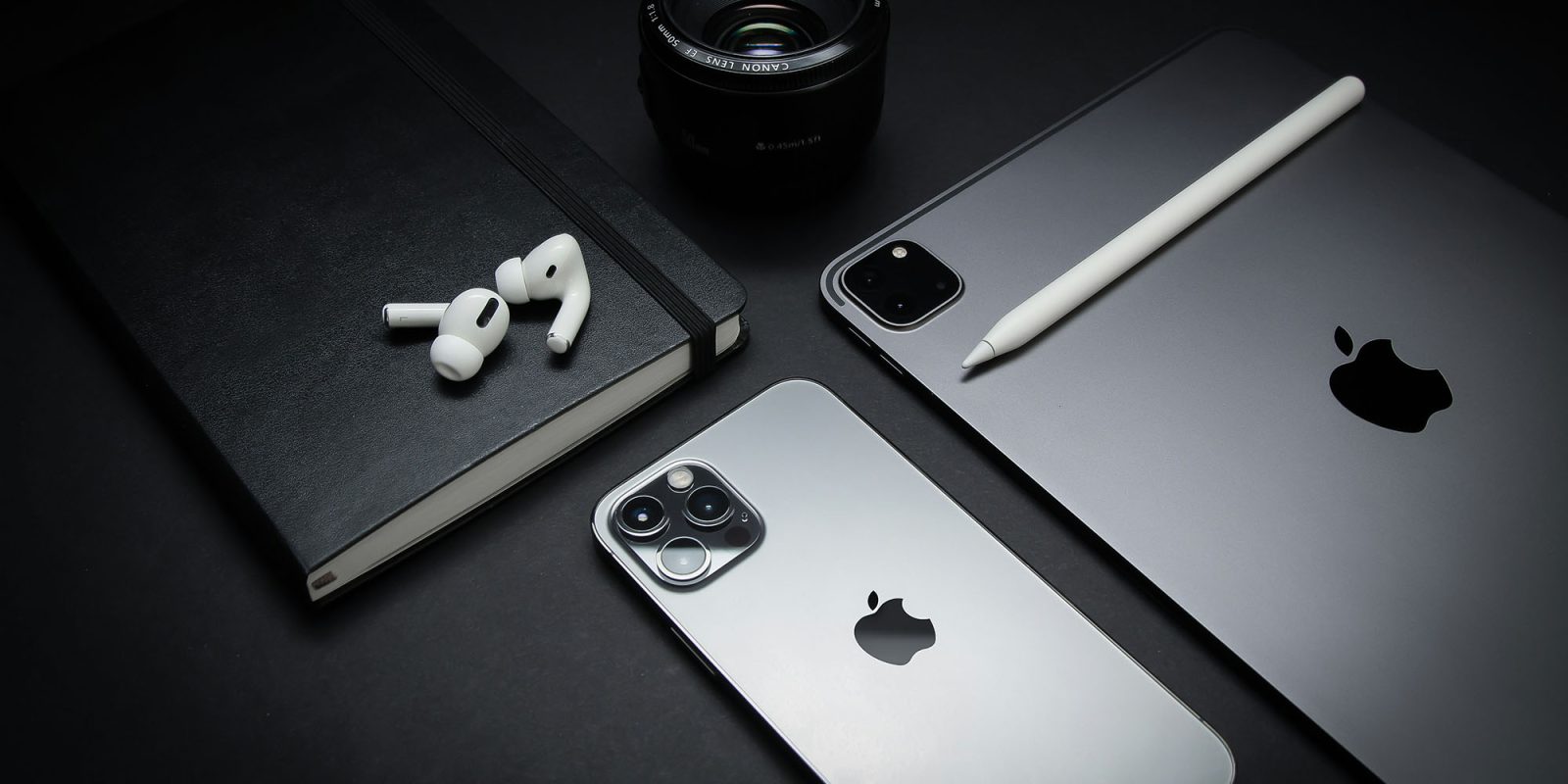
The iPhone and iPad could have different default search engines, argues a Google court filing, as the company attempts to protect its $20B a year deal with Apple.
Google’s annual payment to Apple to be the default search engine in Safari looks certain to be banned in an antitrust case, but the search giant is hitting back with a number of counterproposals …
Google’s $20B+ annual payment to Apple
If you carry out a web search by typing your query into the integrated Safari bar, that search will (unless you manually changed the default) be carried out on Google. That’s because Google pays Apple a multi-billion dollar sum each year for the privilege.
That’s a great deal for Google, because it gets a huge amount of its search traffic from Apple users, and thus the ability to place ads in front of them. Apple customers are also a particularly valuable demographic for advertisers, thanks to the fact that they have higher than average incomes.
It’s also a great deal for Apple because it’s free money. It has to set a default, and Google is the best-known search engine, so the company would probably do it anyway.
The exact amount has never been revealed, and Apple hides it inside its Services revenue, but an antitrust case against Google resulted in the accidental disclosure of the 2022 figure, which was $20B.
The Department of Justice argued that this payment was illegal, as it gave Google an unfair advantage over smaller search engines, and a court agreed back in the summer. The DOJ has asked the judge to ban this payment for a period of 10 years.
Google makes counterproposal on default search engines
As part of the legal process, Google is entitled to make a counterproposal to the DOJ one, and it has now done so.
Google accepts that its deal with Apple will be banned, but argues that this should be for three years rather than ten. It says the tech industry is a fast-moving one, especially with the rise of generative AI as a new form of search, so the fact that the company dominates the industry today doesn’t mean it will continue to do so.
iPhone and iPad could have different search engines
The company also suggests that more flexibility could better enable other search services to compete with Google for Apple’s business. In one particularly bizarre suggestion, it argues that iPhone and iPad could have different default search engines, implying that Google would bid for one while competitors bid for the other.
Our proposal allows browsers to continue to offer Google Search to their users and earn revenue from that partnership. But it also provides them with additional flexibility: It would allow for multiple default agreements across different platforms (e.g., a different default search engine for iPhones and iPads) and browsing modes, plus the ability to change their default search provider at least every 12 months
9to5Mac’s Take
As much as Google owns the search industry for now, the company does have a tenable argument that its dominance may not last forever. We’ve already seen people using AI services like ChatGPT as a replacement for a conventional search engine, and it is indeed hard to predict what the future holds.
Prior to the launch of the iPhone, for example, Nokia basically owned the smartphone industry. It would have seemed unimaginable that it could ever exit the business, yet just seven years later the company was indeed out of the smartphone market. So as secure as Google looks today, its future dominance certainly isn’t assured.
In theory, by making default search deals more granular, that would make it more realistic for competing search engines to bid for a slice of the pie. But Apple is all about delivering a consistent experience across devices, so the idea that it would sign deals to deliver different search engines on iPhone and iPad is, frankly, silly.
There may be room for compromise in the court’s ruling, and Google may well succeed in reducing the proposed ten year ban, but certainly for the next few years, Apple is going to be down $20B a year.
Photo by Brandon Romanchuk on Unsplash
FTC: We use income earning auto affiliate links. More.




